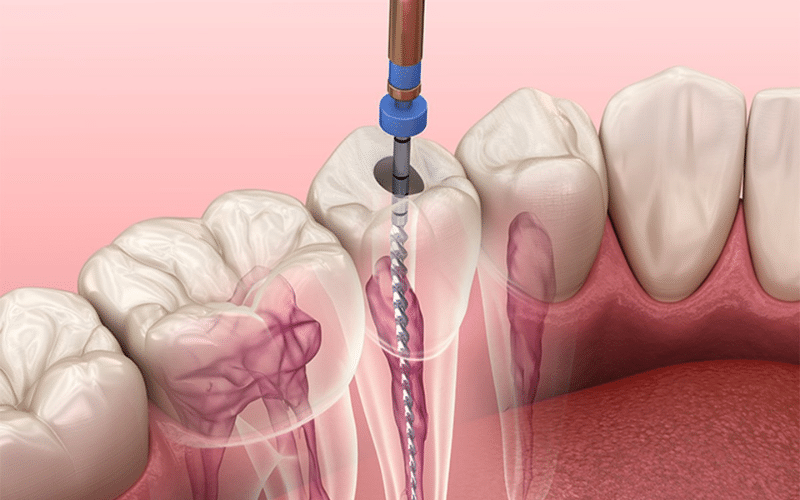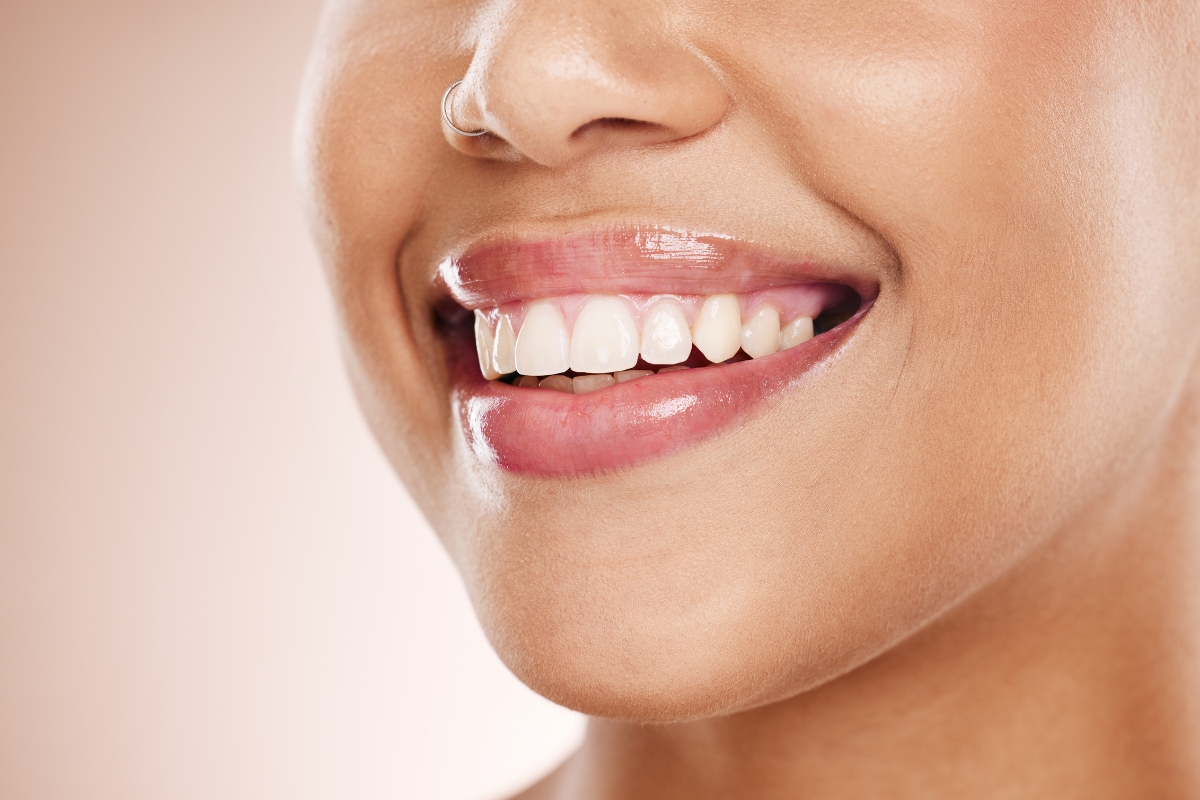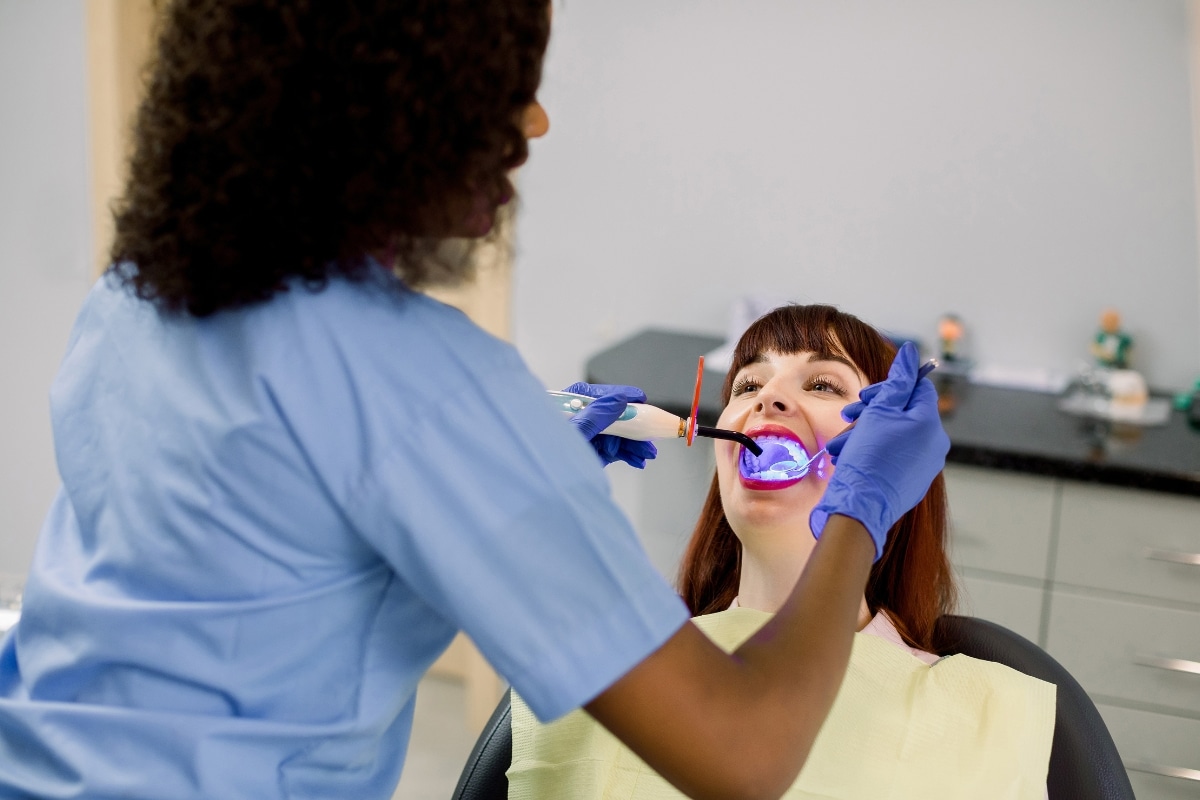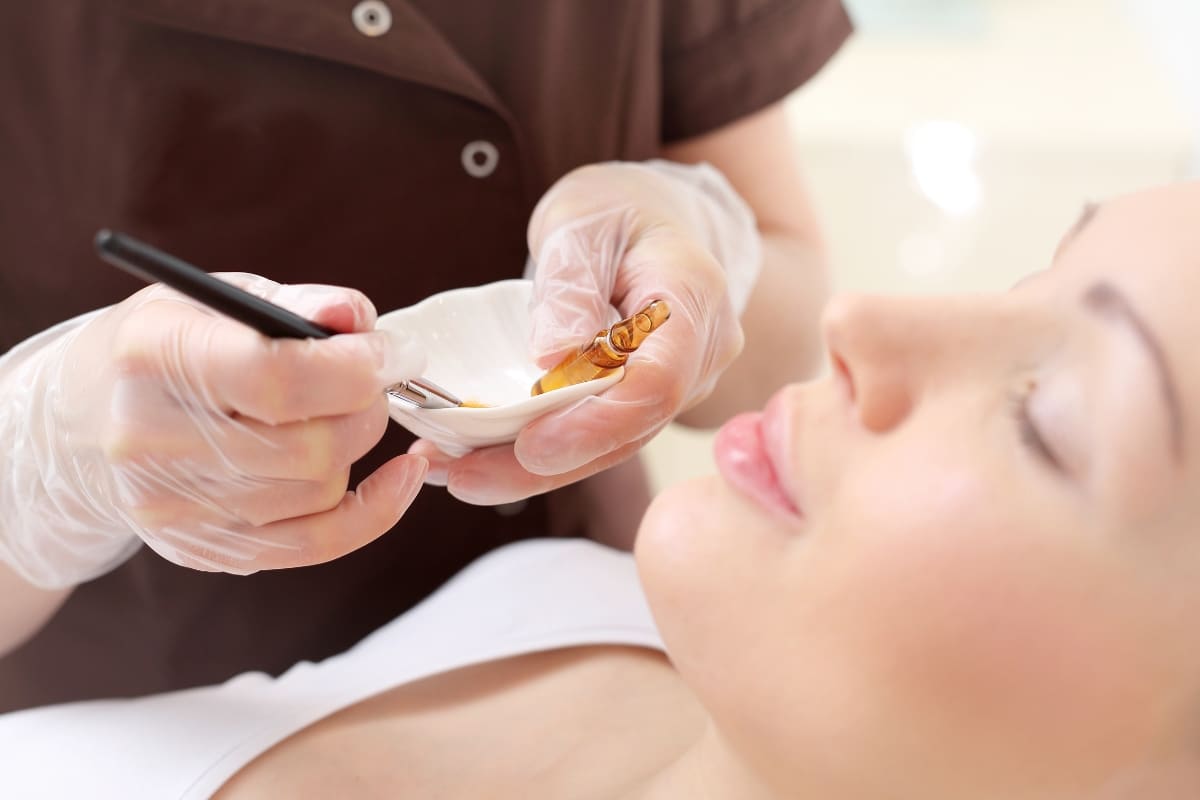Root Canal Red Flags: How Poor Oral Habits Can Sabotage Your Recovery

Root canal treatment is a highly effective procedure that saves a damaged or infected tooth, allowing you to avoid extraction and maintain your natural smile. While the treatment itself is important, what you do during the recovery process plays a huge role in determining how successful your healing will be.
Poor oral habits can sabotage your recovery, leading to prolonged discomfort, infection, or even treatment failure. Today’s blog will explore some of the red flags to watch out for after a root canal and how bad habits can interfere with the healing process. Let’s dive into what you should avoid to ensure a smooth recovery.
Understand Root Canal Recovery
After a root canal procedure, your body needs time to heal and adjust. During this period, it’s essential to protect the treated tooth and follow your dentist’s post-treatment instructions closely. The tooth, although treated, remains vulnerable as it is often covered with a temporary filling or crown before a permanent one is placed.
Typically, recovery lasts anywhere from a few days to a week, with most patients experiencing minimal discomfort. However, ignoring key aspects of your oral care routine or engaging in harmful habits can lead to complications and prolong the healing time.
Red Flags: Poor Oral Habits That Sabotage Recovery
Certain oral habits can seriously hinder your recovery from a root canal procedure. Recognizing these red flags early can help you avoid potential setbacks.
1. Skipping Oral Hygiene Routine
While your tooth may feel sore after the procedure, neglecting your oral hygiene can introduce bacteria into the treated area, leading to infections. Many people believe they should avoid brushing and flossing the area because of sensitivity, but maintaining proper hygiene is essential to prevent complications.
Why This Matters:
- Failing to clean around the treated tooth can lead to plaque buildup, increasing the risk of infection.
- Harmful bacteria may enter the tooth, reversing the benefits of the root canal.
How to Avoid It:
- Gently brush the treated area using a soft-bristled toothbrush.
- Continue to floss daily, being extra cautious around the affected tooth.
2. Chewing on Hard or Sticky Foods
After a root canal, your tooth is more fragile than usual, especially if it has a temporary filling. Chewing on hard foods (like nuts or ice) or sticky foods (like caramel or chewing gum) can damage the temporary filling or crown, resulting in complications or a need for additional treatment.
Why This Matters:
- Hard foods can cause the treated tooth to crack or break, especially before the final crown is placed.
- Sticky foods can pull at the temporary filling or crown, causing it to dislodge.
How to Avoid It:
- Stick to soft foods like yogurt, mashed potatoes, scrambled eggs, and soup during the recovery phase.
- Avoid chewing on the side of your mouth where the treated tooth is located until fully healed.
3. Ignoring Post-Treatment Pain or Swelling
It’s common to experience mild discomfort after a root canal, but if you notice severe pain, swelling, or other unusual symptoms, it could be a sign of infection or another issue. Ignoring these symptoms can result in complications that could have been avoided with prompt attention.
Why This Matters:
- Persistent pain or swelling could indicate that the infection wasn’t completely removed or that a new issue has arisen.
- Left untreated, these symptoms can lead to more severe complications, such as abscess formation.
How to Avoid It:
- Monitor your symptoms closely in the days following your root canal. Mild discomfort is normal, but sharp, severe pain or swelling is not.
- Contact your dentist immediately if you experience persistent pain, swelling, or any other concerning symptoms.
4. Using Tobacco Products
Smoking or using any form of tobacco after a root canal can significantly hinder your recovery. Tobacco delays the healing process, increases the risk of infection, and stains teeth, all of which can negatively impact your treatment outcome.
Why This Matters:
- Tobacco use compromises blood flow to the gums, slowing the healing process.
- Smoking introduces harmful chemicals into your mouth that can increase the chances of infection.
How to Avoid It:
- Avoid smoking or using tobacco products entirely, especially during the first few weeks after your procedure.
- Consider using nicotine patches or other alternatives to reduce cravings while you recover.
5. Not Following Up With Your Dentist
Many patients assume that once the pain subsides, they no longer need to visit their dentist for follow-up appointments. However, skipping these appointments can lead to unnoticed issues, such as an incomplete seal on the root canal or problems with the temporary crown.
Why This Matters:
- Regular follow-ups allow your dentist to ensure the root canal was successful and to monitor your healing.
- Your dentist will also check to see if a permanent crown is needed to fully protect the treated tooth.
How to Avoid It:
- Schedule and attend all recommended follow-up appointments.
- Discuss any concerns or unusual symptoms with your dentist during these visits.
Tips for a Successful Healing from Root Canal Treatment
Now that you know what habits to avoid, here are some helpful tips to promote faster healing and prevent complications:
- Maintain proper oral hygiene: Brush and floss regularly, but be gentle around the treated tooth.
- Stick to soft foods: Avoid hard, sticky, or chewy foods until the tooth has fully healed and the permanent crown is in place.
- Take prescribed medications: If your dentist prescribed antibiotics or pain relievers, take them as directed to reduce infection risk and manage discomfort.
- Use an ice pack: Applying an ice pack to the outside of your cheek can reduce swelling and alleviate soreness.
- Rest and avoid physical strain: Give your body time to heal by resting and avoiding strenuous activities that could increase swelling.
Protect Your Root Canal Recuperation
A root canal is a highly effective way to save a damaged tooth, but your actions during recovery play a critical role in the procedure’s success. Poor oral habits—like neglecting hygiene, chewing hard foods, smoking, and skipping follow-up appointments—can sabotage your recovery, leading to pain, infection, or further complications.
Avoiding these red flags and following your dentist’s post-treatment care instructions can ensure a smooth, speedy recovery. Take care of your treated tooth, maintain a healthy diet, and keep up with your dental hygiene routine. With the right approach, you’ll be well on your way to a healthier, pain-free smile!
Recent Posts

Why Won’t My Teeth Stay White? Dr. Maconi on Maintenance for Havertown Residents

What Happens if You Delay Filling a Cavity? Dr. Maconi on Preventing Root Canals

What Home Care Tips Can Help Relieve TMD Discomfort in Havertown?

Minimizing Sensitivity: Why Professional Teeth Whitening Treatment is Safer Than DIY Kits


